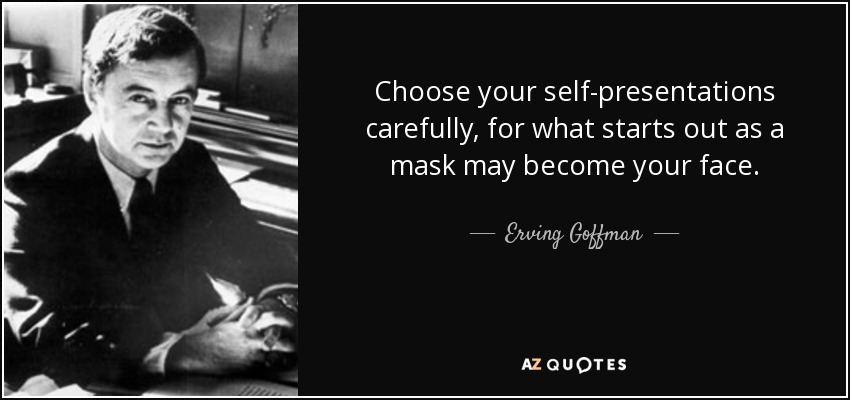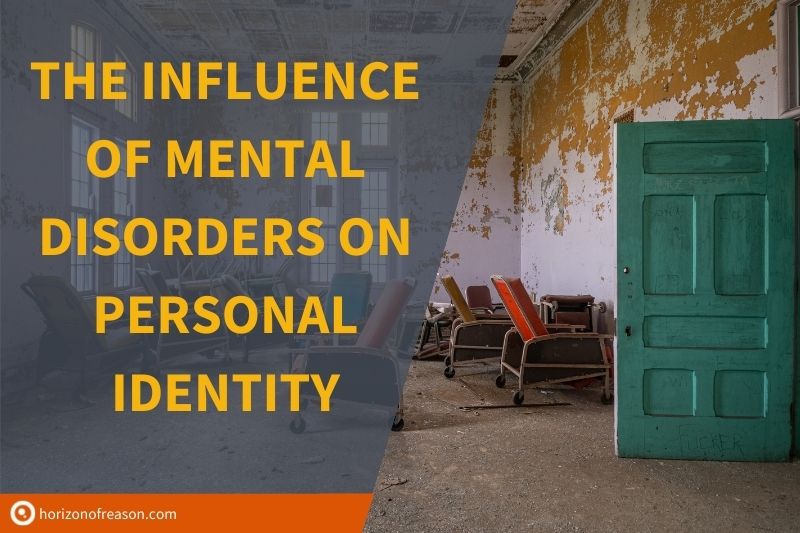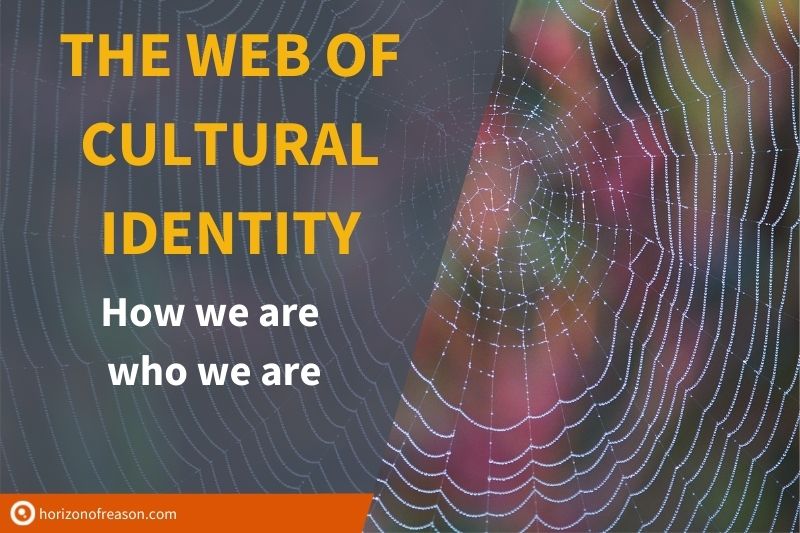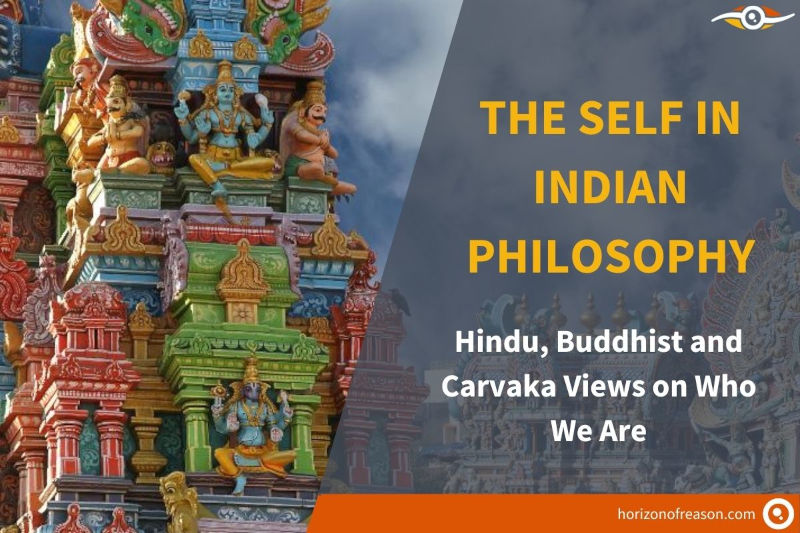
From Chicago to Frankfurt: Goffman and Marcuse on Identity

Peter Prevos |
1293 words | 7 minutes
Share this content
In sociology, identity is a multi-layered concept relating to the groups we belong to (social identity), to the way we portray ourselves to the outside world (personal identity) and to our subjective sense of knowing who we are (ego identity) (Grace and Woodward 2006). This article briefly discusses the approaches to identity by Erving Goffman and Herbert Marcuse. The main difference between Goffman and Marcuse on identity is the focus they place on the relationship between personal and ego identity. Although there are differences, Goffman's and Marcuse's accounts of identity are complementary.
Erving Goffman
Sociologist Erving Goffman (1922–1982) outlines his account of social identity in his book The Presentation of Self in Everyday Life (1959) in which he employs a dramaturgical approach and describes the interaction between people through a theatrical metaphor. Goffman portrays people as actors, creating identities by playing different roles on different stages and to diverse audiences.
The self consists for Goffman in an awareness of the different roles that are performed in different situations (Elliot 2001). These performances are a form of impression management by which people consciously and subconsciously modify their behaviour to influence the impression other people have of them (Gray 2002).

In Goffman's view, the self is not the cause of this performance, but the result of it. (Elliot, 2001). The self, or our ego identity, is thus located within the performance and not intrinsically within the person. Goffman's theatrical metaphor focuses on the creation of personal identity rather than ego identity, and he sees identity as a dynamic interactionist process, rather than a static collection of attributes.
Identities are formed through a process of dramatic realisation; this is the dramatising of activities by emphasising (mainly positive) aspects of the portrayed role. To assist with this dramatic realisation, the actor constructs a personal front as a mechanism to communicate the role that they play. The front involves anything that supports the role, such as clothing, furniture, decor, facial expression and posture. This communication needs to be effectively controlled to ensure that the audience is convinced of the role. People holding corporate positions, for example, communicate through clothing and are, according to Goffman (1959, 55):
"blinding themselves and others to the fact that they hold their jobs partly because they look like executives, not because they can work like executives".
This quote illustrates that Goffman believes that our ego identity and personal identity do not necessarily match. One of the primary purposes of the performance, however, is to convince the audience that there is a match that we are what we portray to be.
The most common criticism of Goffman's theory is that if the theatrical metaphor is taken to far, it may suggest more duplicity of identities and deception than is warranted by what is known in social psychology about impression management (Gray 2002). Goffman is pessimistic about the truthfulness of our performances, and Elliot (2001) even thinks that Goffman presents us with an amoral universe because of the lack of sincerity in our interactions with others.
Herbert Marcuse
Herbert Marcuse (1898–1979) was a member of the Frankfurt School, a group of intellectuals that developed a critical theory of contemporary society, portraying it as an oppressive and exploitative mechanism. Marcuse's concept of identity as outlined in One Dimensional Man (1964) is embedded in Critical Theory.
Marcuse maintains a Freudian understanding of the self as he distinguishes between individual consciousness and subconsciousness, which form our ego identity (Marcuse 1964). Marcuse differentiates strongly between private, and ego identity and his writings focus on the relationship between the two.
Marcuse's account of identity formation is negative as he is mainly concerned with the political and social forces that limit identity formation. His central argument is that the forces of consumerism and technology control identity formation, leaving no room for the internal ego identity, the inner self, to develop.

The technological process of mechanisation and standardisation in modern society promises an increase in individual freedom. Vacuum cleaners, microwave ovens and other technological devices are sold with the promise of increasing available free time and thus our freedom. This promise is, according to Marcuse, the promise of Enlightenment philosophy, with its strong belief in reason, science and progress (Callinicos 1998). Personal freedom is, according to Marcuse, however, actually destroyed through Enlightenment because free time does not necessarily equate to freedom. Marcuse's critical theory of society has consequences for the formation of identity.
Marcuse argues that society creates false needs which divert us from our private identity. False needs are those which are superimposed upon the individual by social interests and don’t emanate from within. These false needs are created through advertising and the media in general, emphasising the need to behave and consume like everybody else. The free time created by mechanisation and standardisation is quickly absorbed by the urge to satisfy false needs that lead people away from developing their inner self.
This leisure time results in people recognising and defining themselves in commodities (Marcuse 1964). The satisfaction of material needs becomes the prime motivation and eclipses the needs of the inner self. Marcuse draws on Heidegger in his view that private space has been invaded by technological reality and that mass production and distribution claim the entire individual. Our identity becomes controlled by externalities such as the distraction of television, i-pods and computer games, leaving no space to develop our ego identity.
Marcuse's pessimism is almost total as he does not see a way out of the control imposed by technology and consumerism. Marcuse sketched the outlines of an ideal non-repressive civilisation which would involve libidinal freedom and non-alienated labour in Eros and Civilisation (Kellner 2006). He does, however, not outline how this social change is to be achieved. Non-conformity with the system is useless, according to Marcuse, because it results in economic and political disadvantages.
Marcuse acknowledges this lack of a solution when he writes that "in the absence of demonstrable agents and agencies of social change, the critique is … thrown back to a high level of abstraction" (Marcuse 1964). It is interesting to note that this was written just a few years before the counterculture of the sixties, in which Marcuse's thinking was an inspiration for many.
Goffman and Marcuse on Identity
The accounts by Goffman and Marcuse differ on some essential points. Goffman provides a detailed account of the formation of identity, while Marcuse focuses on the constraints placed on identity formation. Both describe a spilt between personal and ego identity. Goffman's dramaturgical approach emphasises this difference and takes it at face value. Marcuse points out that this difference creates tension and believes that the ideal situation is one where our personal identity and ego identity are the same. Goffman's work is based on anthropological methods of observation, and he is mainly concerned with describing how identity is formed in contemporary society. Marcuse's approach is more philosophical in that he provides an ethical framework for identity formation.
Goffman has been accused of presenting us with an amoral universe (Elliot 2001). This criticism is, however, not fair because Goffman was not concerned with what identity formation should be like. To provide a full account of identity formation, Goffman needs to be complemented with an ethical perspective, such as that offered by Marcuse.
References
- Callinicos, A.: 1998, Herbert Marcuse, in E. Craig (ed.), Routledge Encyclopedia of Philosophy, Routledge.
- Elliot, A.: 2001, Self, Society and Everyday Life, Concepts of the self, Polity Press, pp. 22–45.
- Goffman, E.: 1959, The Presentation of Self in Everyday Life, Penguin, London.
- Grace, F. and Woodward, I.: 2006, Sociology of identity, Griffith University.
- Gray, P.: 2002, Psychology, Worth Publishers. Kellner, D.: 2006,
- Herbert Marcuse, retrieved 26 March 2006.
- Marcuse, H.: 1964, The new forms of control, One Dimensional Man, Abacus, London, pp. 16–28.
Share this content


